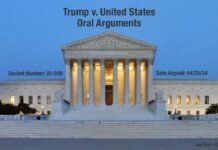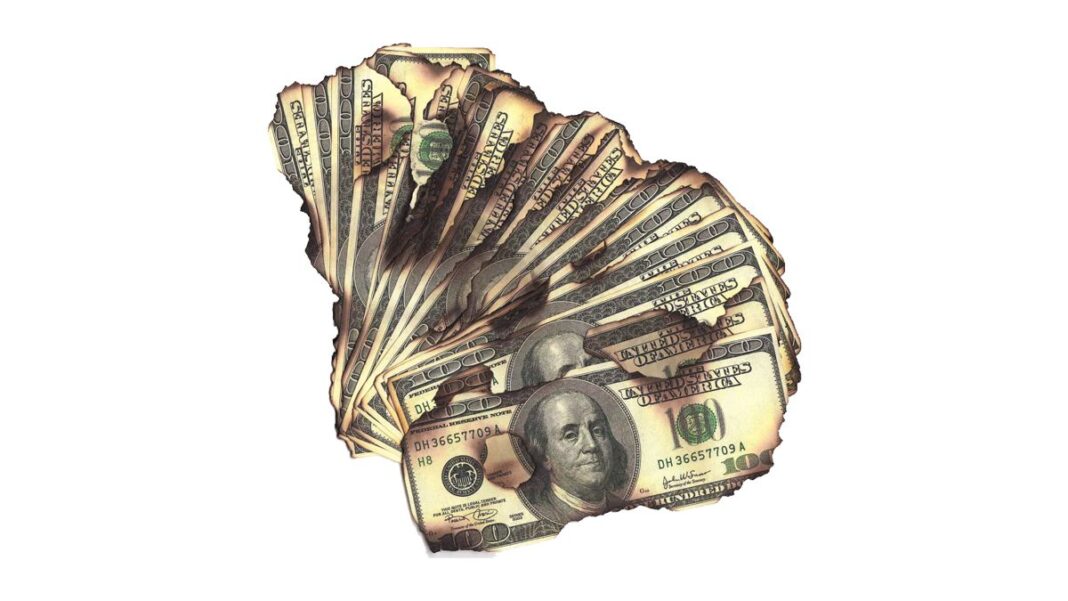‘It’s absolutely the best tool for a surveillance state you can buy,’ a lawmaker said
Most Americans haven’t heard of a central bank digital currency, and those who have don’t really understand what it is.
While the Federal Reserve considers implementing such a program in the United States, some are trying to warn Americans about its potentially devastating consequences.
According to the Federal Reserve, a central bank digital currency (CBDC) “is generally defined as a digital liability of a central bank that is widely available to the general public.”
“Like existing forms of money, a CBDC would enable the general public to make digital payments,” the Fed explains. “As a liability of the Federal Reserve, however, a CBDC would be the safest digital asset available to the general public, with no associated credit or liquidity risk.”
Currently, the Federal Reserve says it “has made no decisions on whether to pursue or implement” a CBDC. But the Board of Governors “have been exploring the potential benefits and risks of CBDCs from a variety of angles.”
On May 1, Kristalina Georgieva, managing director of the International Monetary Fund (IMF), proposed that it’s only a matter of time before central bank digital currencies (CBDCs) become standard around the world, even in the United States.
“The future has arrived,” she said at the Milken Institute’s 2023 Global Conference in May. “Even in the U.S. where [CBDC] was for quite some time a topic of not great interest, now there is an engagement.”
IMF Deputy Managing Director Bo Li said in October 2022 that CBDCs can allow government agencies and private sector players to program the currency to allow targeted policy functions. He said money can be precisely targeted for what people can own and what they can use the money to buy, such as food.
The Risks
A significant danger posed by CBDCs is the loss of privacy, a violation of every American’s constitutional rights.
The Fourth Amendment states that “the right of the people to be secure in their persons, houses, papers, and effects, against unreasonable searches and seizures, shall not be violated, and no Warrants shall issue, but upon probable cause, supported by Oath or affirmation, and particularly describing the place to be searched, and the persons or things to be seized.”
Idaho Republican state Rep. Ted Hill predicts that CBDCs “would be the back door to violating the Second Amendment.”

















































